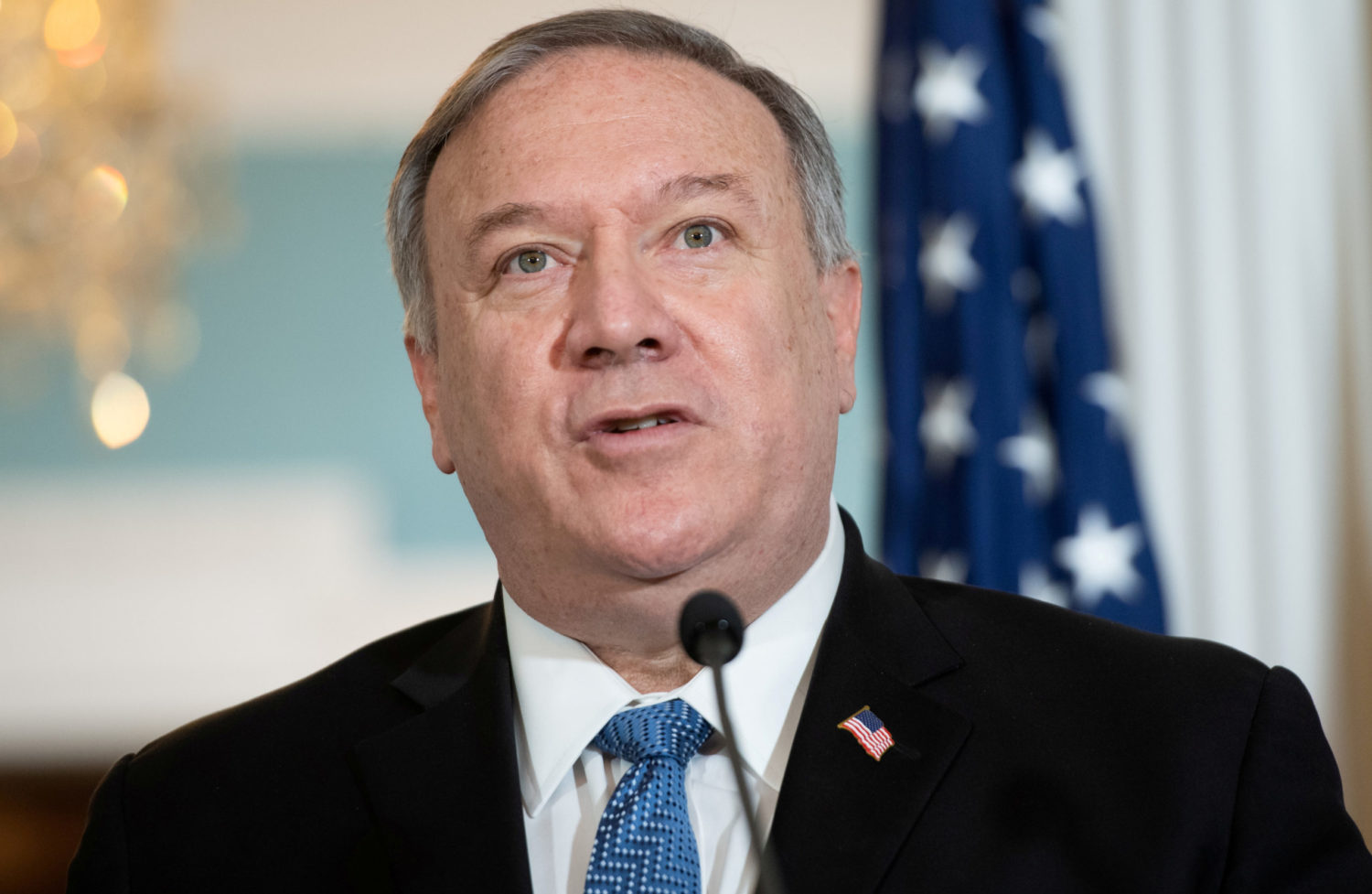
By Greg Torode and James Pomfret
HONG KONG (Reuters) – China’s parliament has approved a decision to go forward with national security legislation on Hong Kong to tackle secession, subversion, terrorism and foreign interference in a city roiled by anti-government protests.
The move is seen as a turning point, as leaders of the ruling Communist Party tighten control over China’s freest international city, undermining its reputation as a financial hub with substantial autonomy and an independent legal system.
U.S. reaction was swift, with Secretary of State Mike Pompeo telling Congress that Hong Kong no longer qualified for special status under U.S. law, potentially dealing a crushing blow to its status as a global financial center.
WHAT DOES CHINA WANT?
Greater control and a sense of security. For several years, Chinese officials have expressed increasing frustration and anger over what they see as a weak national security regime in the city.
Last year’s large and sometimes violent anti-government protests have sharpened that frustration, with China determined to thwart what it calls threats of terrorism, independence, subversion of state power, and interference by foreign forces.
SO WHAT WILL HAPPEN?
Having been approved by parliament, the legislation will be grafted into Hong Kong’s mini-constitution without any local legislative scrutiny, as has been past practice.
Details of the law are expected to be drawn up in coming weeks. It is expected to be enacted before September.
China says Hong Kong has failed to implement national security laws on its own as stipulated in the city’s mini-constitution under the terms of its 1997 handover from Britain.
WHAT REMAINS UNCLEAR?
Hong Kong lawyers are puzzled over how the imposed provisions will work in practice.
Questions include whether all protections already in the Basic Law apply and whether locally based mainland agents have enforcement power.
Another issue is whether the standing committee of the National People’s Congress has extra powers to ultimately interpret Hong Kong court rulings on national security.
“There are suddenly a lot more questions than answers and it is not even clear whether anyone in the Hong Kong government is standing up internally against these changes,” one legal scholar said.
China also said its intelligence agencies would have the right to set up offices in Hong Kong to “safeguard national security”. It is not clear, however, whether they will carry out enforcement activities, a critical concern.
WHY IS THIS HAPPENING NOW?
The issue sits at the heart of the “one country, two systems” formula under which China agreed to protect Hong Kong’s extensive freedoms, its high degree of autonomy and its independent legal system until 2047.
Those freedoms are protected by the Basic Law, which guides the relationship between Hong Kong and Beijing.
But Article 23 of the document also says Hong Kong must “on its own” enact laws against treason, secession, sedition, subversion and the theft of state secrets. It also seeks to outlaw ties between local and foreign political groups.
The Hong Kong government proposed such local legislation in 2003 but encountered vast opposition, with more than 500,000 people marching peacefully against it.
However, the Basic Law also gives Beijing the power to annex national laws into the document – which the Hong Kong government must then legislate for or effectively impose by executive fiat.
Hong Kong lawyers and politicians sometimes call this the “nuclear option”, but some scholars have questioned whether this power of promulgation applies to Article 23.
DO ANY SUCH LAWS ALREADY EXIST?
Yes. Britain left behind a raft of old laws covering most of the elements of Article 23, aside from subversion and secession – the act of formally withdrawing from a state.
Most are decades old and lawyers say they would be hard to deploy, given more recent protections on freedoms of speech, assembly and association written into the city’s Bill of Rights and the Basic Law itself.
IS IT CONTROVERSIAL?
Highly. Given Hong Kong’s protest movements and polarised politics, a fresh push even for local legislation would be tough.
Many fear that new national security legislation would prove a “dead hand” on the city’s large and pugnacious press and rich artistic traditions, while curbing its broad political debates.
Any step by Beijing to impose its own version via promulgation risks panic and chaos, many observers believe, potentially sparking a flight of people and capital and denting Hong Kong’s international financial role.
(Editing by Stephen Coates)












